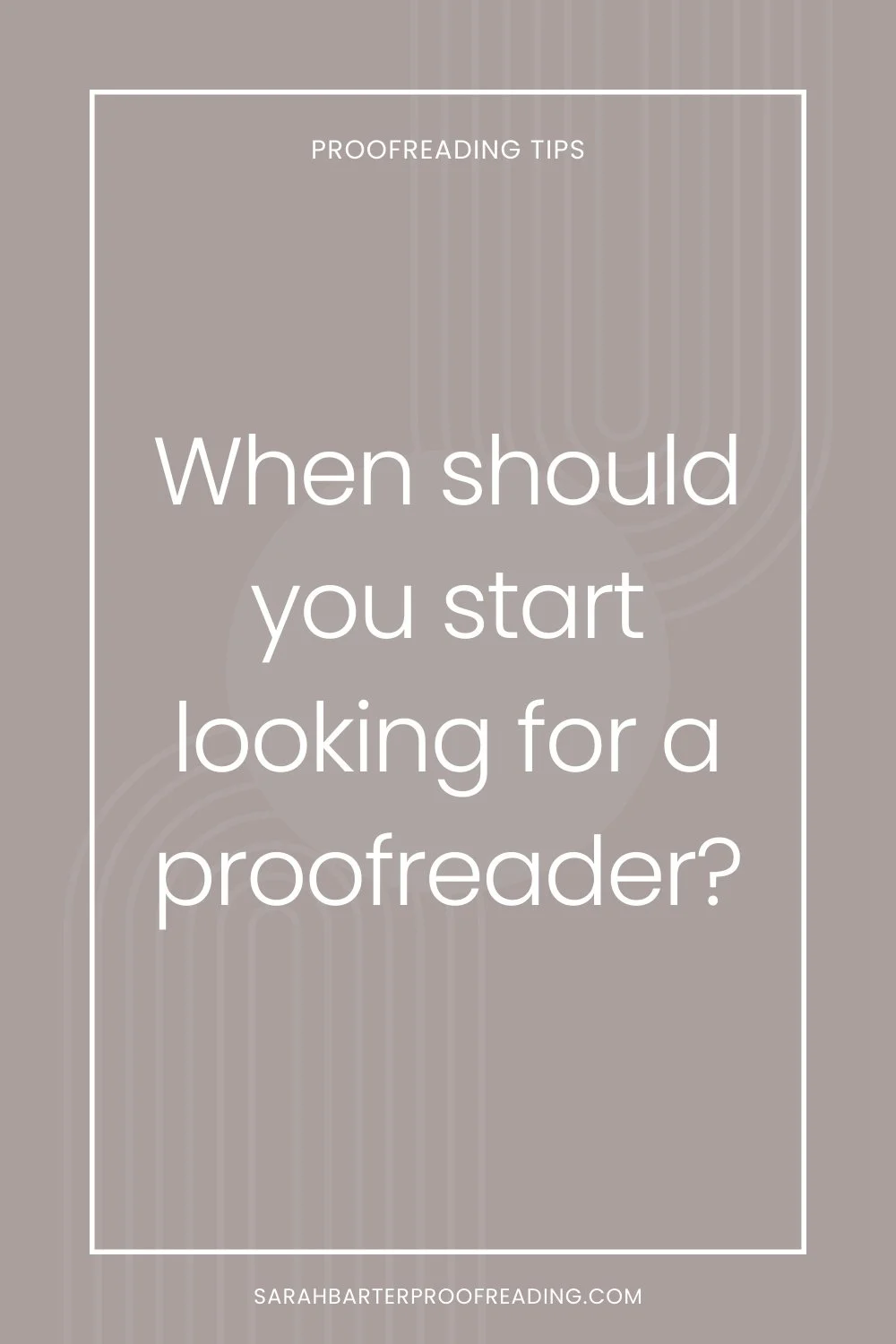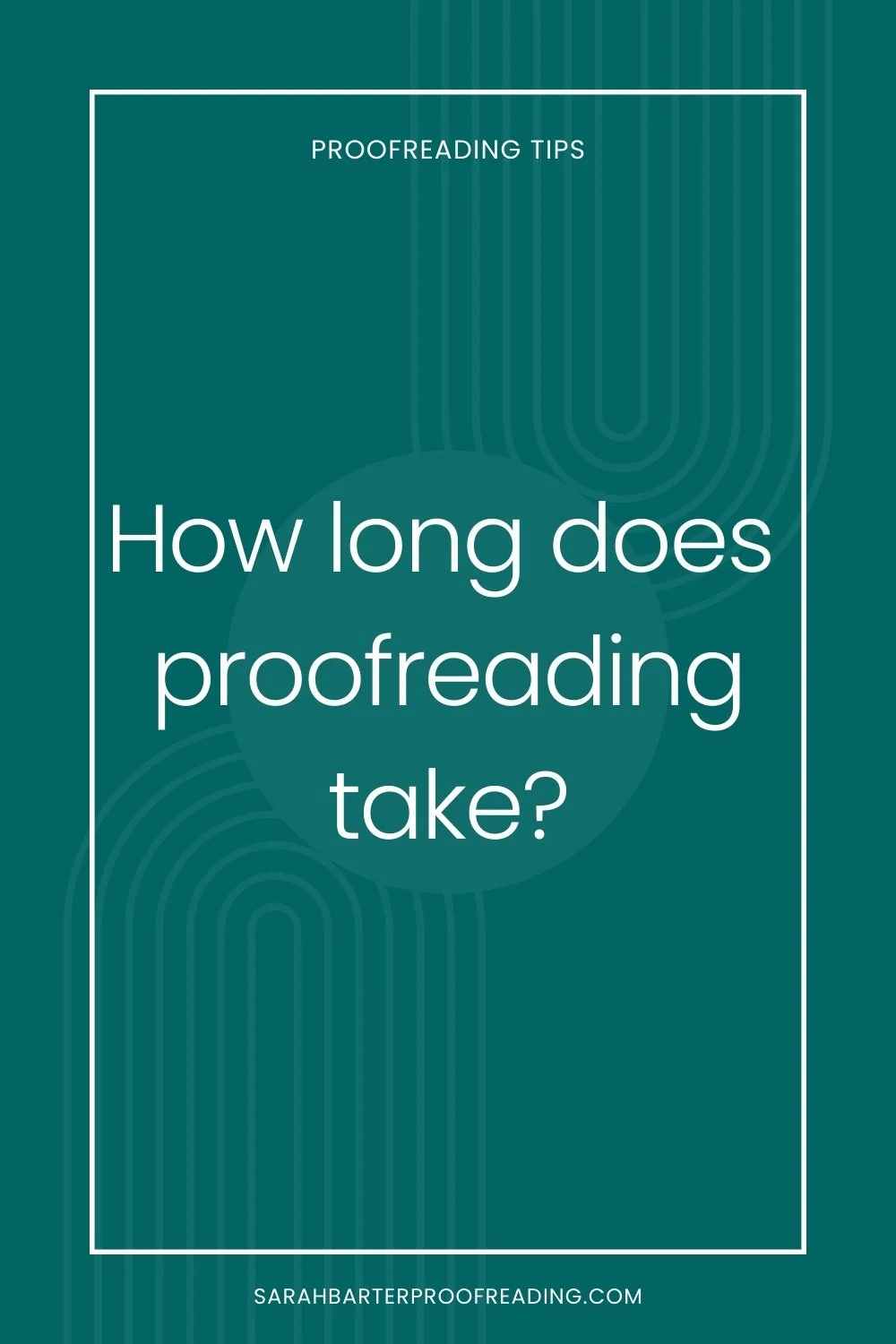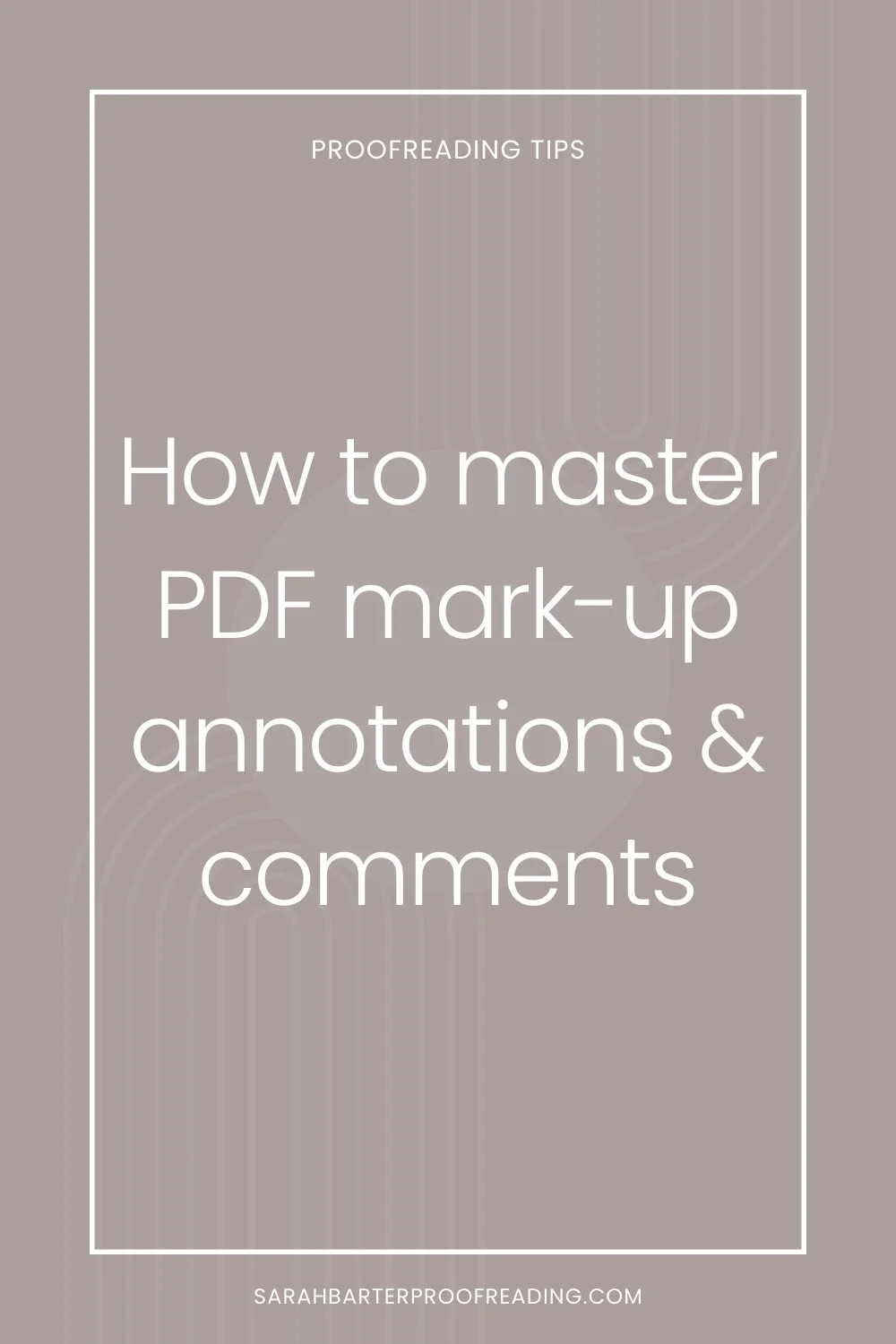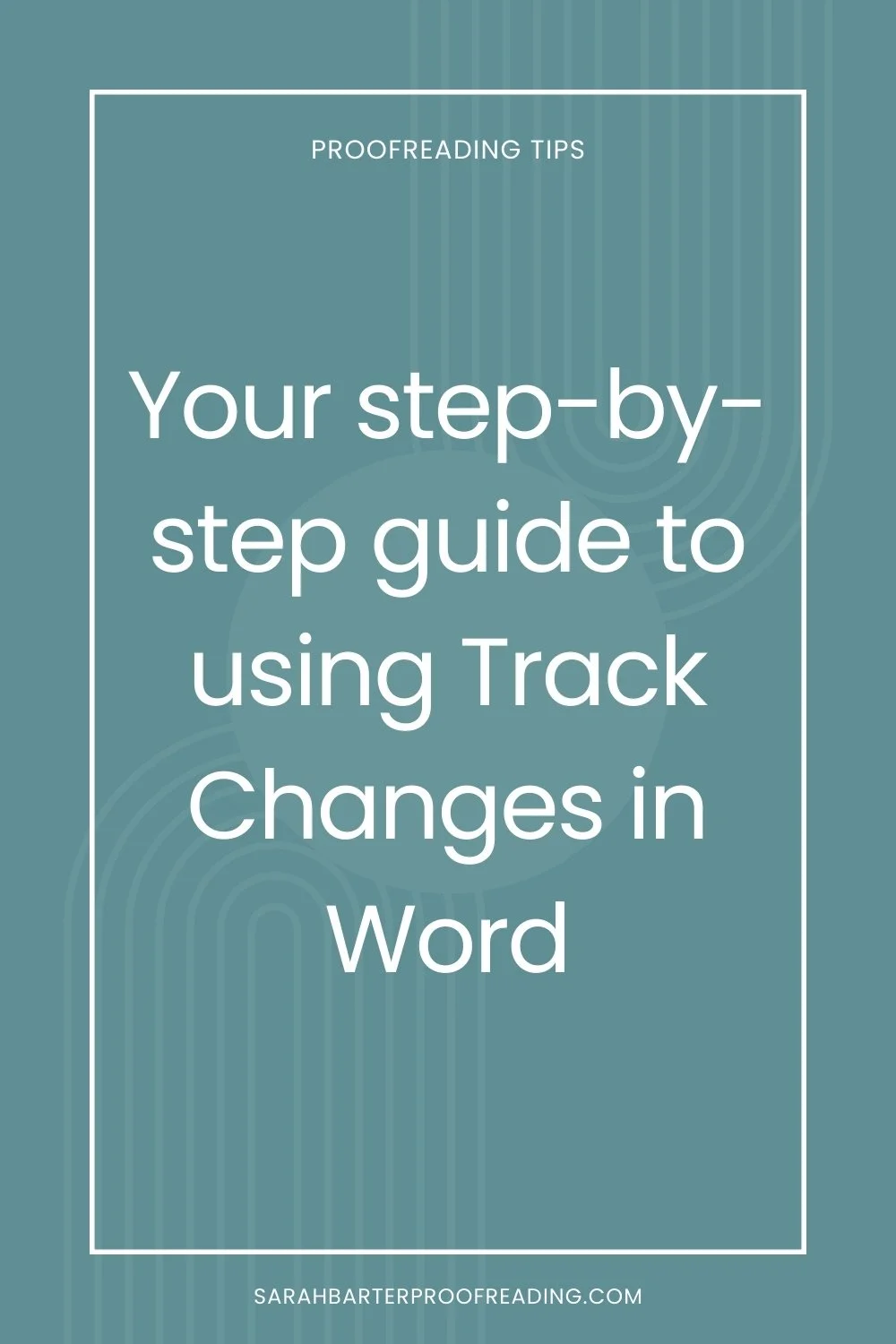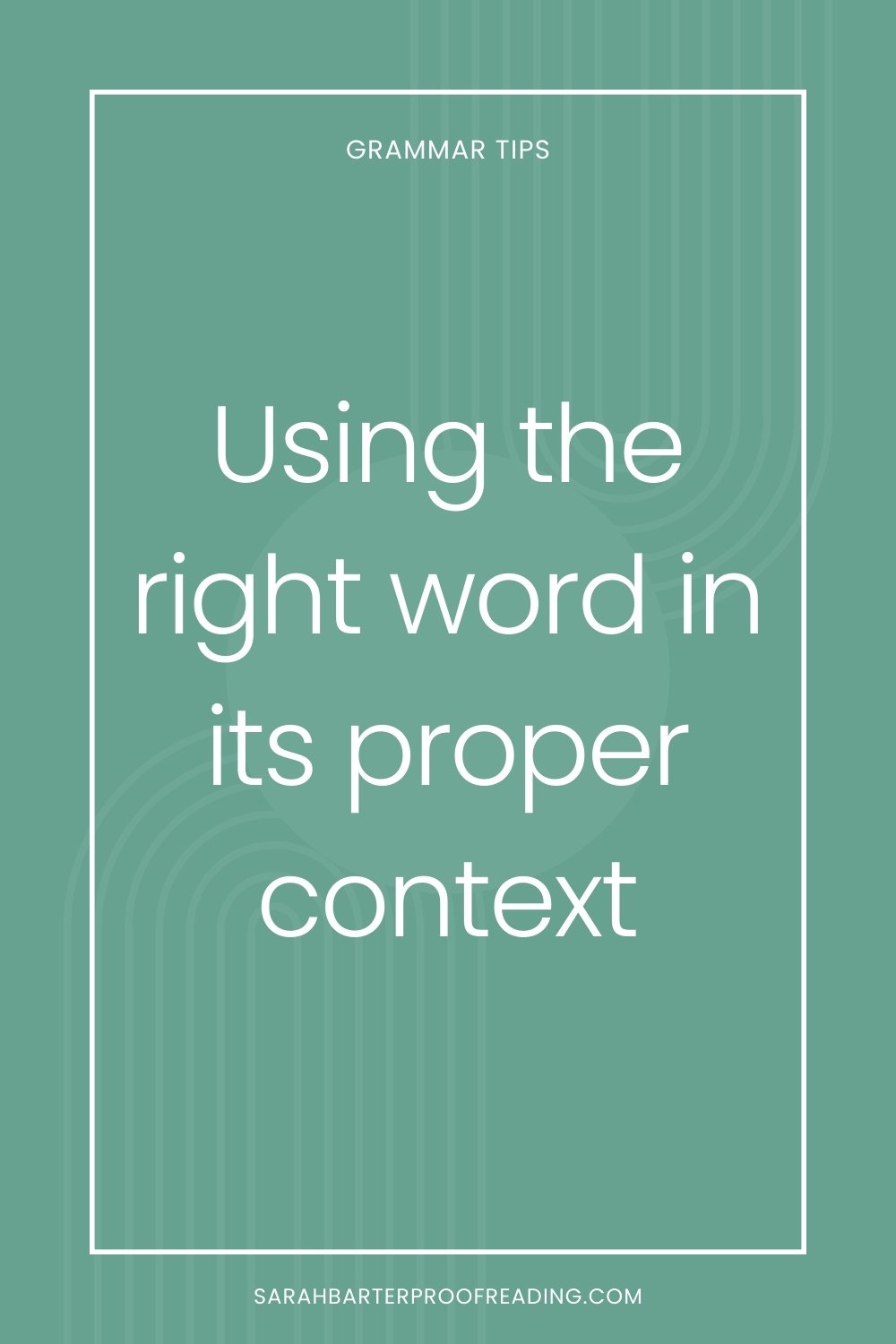Using the right word in its proper context
Your words matter
Whether you run a business, write a blog, study at college or uni, or you're applying for jobs, your writing does a lot of the talking. Clear, accurate wording helps people trust you, while small mistakes can distract readers and weaken your message.
That's why word choice matters just as much as spelling and punctuation.
Key takeaways
Homophones are real words with different meanings, so spellcheck often ignores them.
Use quick tests for contractions (for example, replace you're with you are).
Look for meaning clues, such as possession, place, number or action.
English has many sound-alike words, so these slips are common, even for strong writers.
Careful proofreading reduces errors that can make your work look less professional.
When words sound the same
The English language is full of words that sound identical but mean different things. These words are called homophones (for example, knew and new). They're so common that even confident writers slip up, especially when they're typing quickly.
A few related terms sometimes get mentioned:
Homophones: same sound, different meaning, often different spelling
Homographs: same spelling, different meaning (pronunciation may vary)
Homonyms: a broad label often used for words that share spelling or sound, but differ in meaning
You don't need the labels to write well, but it helps to know why spellcheck often misses these mistakes. If the ‘wrong’ word is still a real word, your software may not flag it.
Common homophones that cause trouble (and how to fix them)
There are lots of common homophones – here are just a few words that are frequently confused:
Your / you're
Your shows possession: That's your CV.
You're means you are: You're ready to apply.
Quick check: swap in you are. If it works, use you're.
There / their / they're
There points to a place: Put it over there.
Their shows possession: Their website copy needs a final check.
They're means they are: They're sending the invoice today.
Its / it's
Its shows possession: The company updated its branding.
It's means it is or it has: It's on the homepage now. / It's been approved.
Whose / who's
Whose shows possession: Whose draft is this?
Who's means who is or who has: Who's available to review it? / Who's sent the final version?
Here / hear
Here relates to place: I'm here if you need a second pair of eyes.
Hear relates to listening: I didn't hear the phone ring.
To / too / two
To is used in many ways, including direction or purpose: Send it to the editor.
Too means ‘as well’ or ‘overly’: Send that too. / This sentence is too long.
Two is the number: Two changes are needed.
By / buy / bye
By can mean beside, near, or via: Send it by email.
Buy means purchase: We're going to buy new stationery.
Bye is short for goodbye, and it can also mean a free pass in sports: Bye for now.
Right / write / rite
Right means correct or appropriate: That's the right tone for your cover letter.
Write means to put words on a page: Write in short paragraphs.
Rite is a ceremony: a rite of passage
Stationary / stationery
Stationary means not moving: The car stayed stationary.
Stationery means writing materials: Order stationery with the new logo.
A few more to watch out for…
Besides the classics above, writers often mix up pairs like cell/sell, meet/meat, one/won, course/coarse, and weather/whether. English spelling can represent the same sounds in several ways, so it's easy to type the wrong option when you're working from sound alone.
This is not a complete list by any stretch of the imagination. There are many, many more to look out for – just Google homophone examples.
How to choose the right word every time
Context is your best clue. Ask yourself what the sentence is doing:
Is it showing possession (your, their, its, whose)?
Is it a contraction (you're, they're, it's, who's)?
Is it talking about a place (here, there)?
Is it a number (two)?
Is it a verb (write, buy, hear)?
When you're unsure, a quick dictionary check helps because you'll see definitions and example sentences. Reading your work out loud also helps, but it won't catch homophones on its own, since they sound the same.
Proofread, proofread, proofread!
Homophone mistakes are easy to miss, especially when you're close to the text, and your brain fills in what you meant. Most free tools focus on spelling, not meaning, so a sentence can look ‘correct’ while saying the wrong thing.
If the words on the page need to reflect you at your best, take time to proofread carefully, or get a trained eye to check your work before it goes live.
If spelling and grammar aren’t your strongest points, it's well worth investing in a professional to review your writing. Get in touch today for your free, no-obligation quote!
Frequently Asked Questions
-
A homophone is a word that sounds the same as another word but has a different meaning, and often a different spelling (like knew and new).
-
Because the ‘wrong’ choice is usually spelt correctly.
If you type their instead of there, the software sees a valid word and may not flag it.
-
Replace the word with you are. If the sentence still makes sense, use you're. If it doesn't, use your.
-
Remember: it's equals it is or it has. If neither fits, you want its.
-
Yes, especially for public-facing writing. A dictionary gives a clear definition and sample sentences, so you can confirm the meaning fast.


